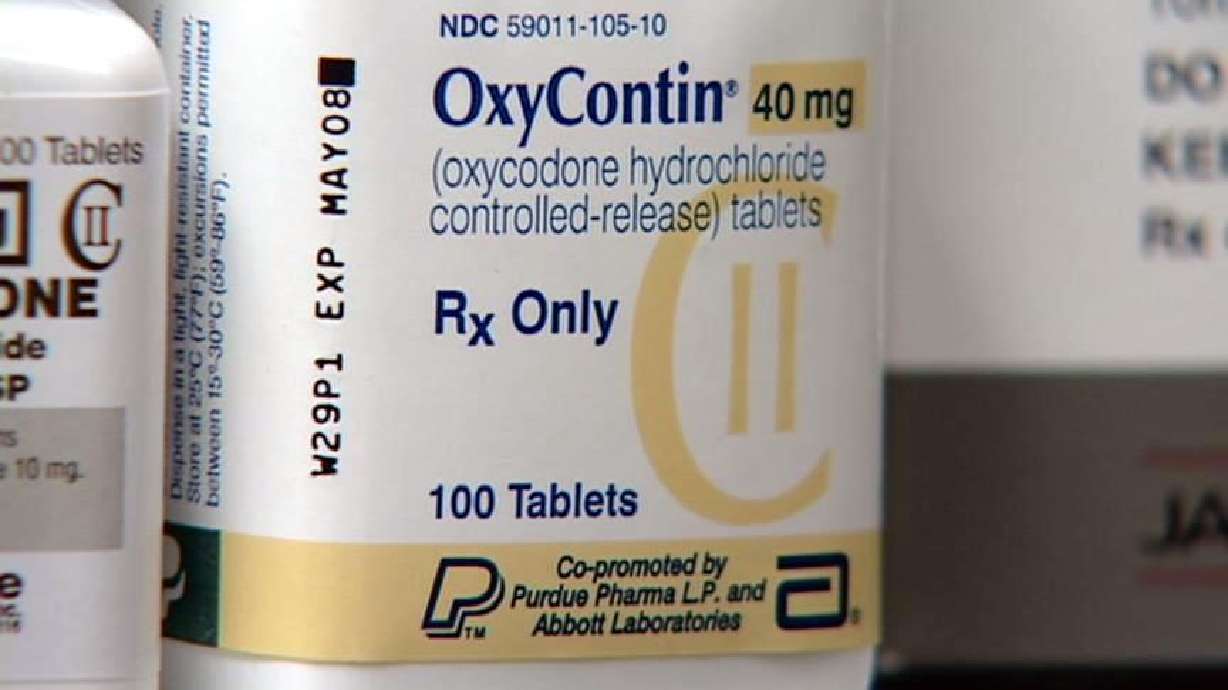Estimated read time: 2-3 minutes
This archived news story is available only for your personal, non-commercial use. Information in the story may be outdated or superseded by additional information. Reading or replaying the story in its archived form does not constitute a republication of the story.
Courtney Orton reporting Yesterday's arrest of a Payson doctor accused of swapping prescriptions for sex is the latest in a number of criminal cases involving Utah doctors.
Now, the U.S. Attorney's Office has increased emphasis on investigating bad doctors this year. In fact, it has two federal indictments on doctors right now. But the Utah Medical Association worries good doctors are getting a bad rap.
Dr. Max Cannon was arrested over the weekend. He's accused of trading sex for prescription pain pills.

In May of last year, Dr. Warren Stack was arrested for allegedly handing out pain pills like candy.
Dr. Paul Taylor is currently awaiting trial. He's accused of illegally distributing pain killers. Investigators are also looking into the role he may have played in overdose deaths of six patients.

Then there's Dr. Alexander Theodore, who was sentenced to prison in December for a prescription drug ring authorities say was the largest in the state.
"Compared to our 7,500 in the state that are licensed to practice here, it is really a relatively small number," said Dr. Mark N. Bair, president of the Utah Medical Association.
The Utah Medical Association hopes to work with the U.S. Attorney's Office to ensure the practice of medicine doesn't get criminalized. It doesn't want honest doctors nervous to write pain prescriptions.

"We don't want to affect the quality of care that is available to most patients, and so in the process of looking at that we want to provide them our expertise and understandings so that we can help them weed out the doctors that need to be weeded out," Bair said.
The state has a controlled-substance database that collects data on prescriptions, but it does not distinguish what type of doctor is writing those prescriptions, and it is only updated every six weeks.
There's an amendment to a bill before the legislature this session that would establish real-time reporting of data into the database.








